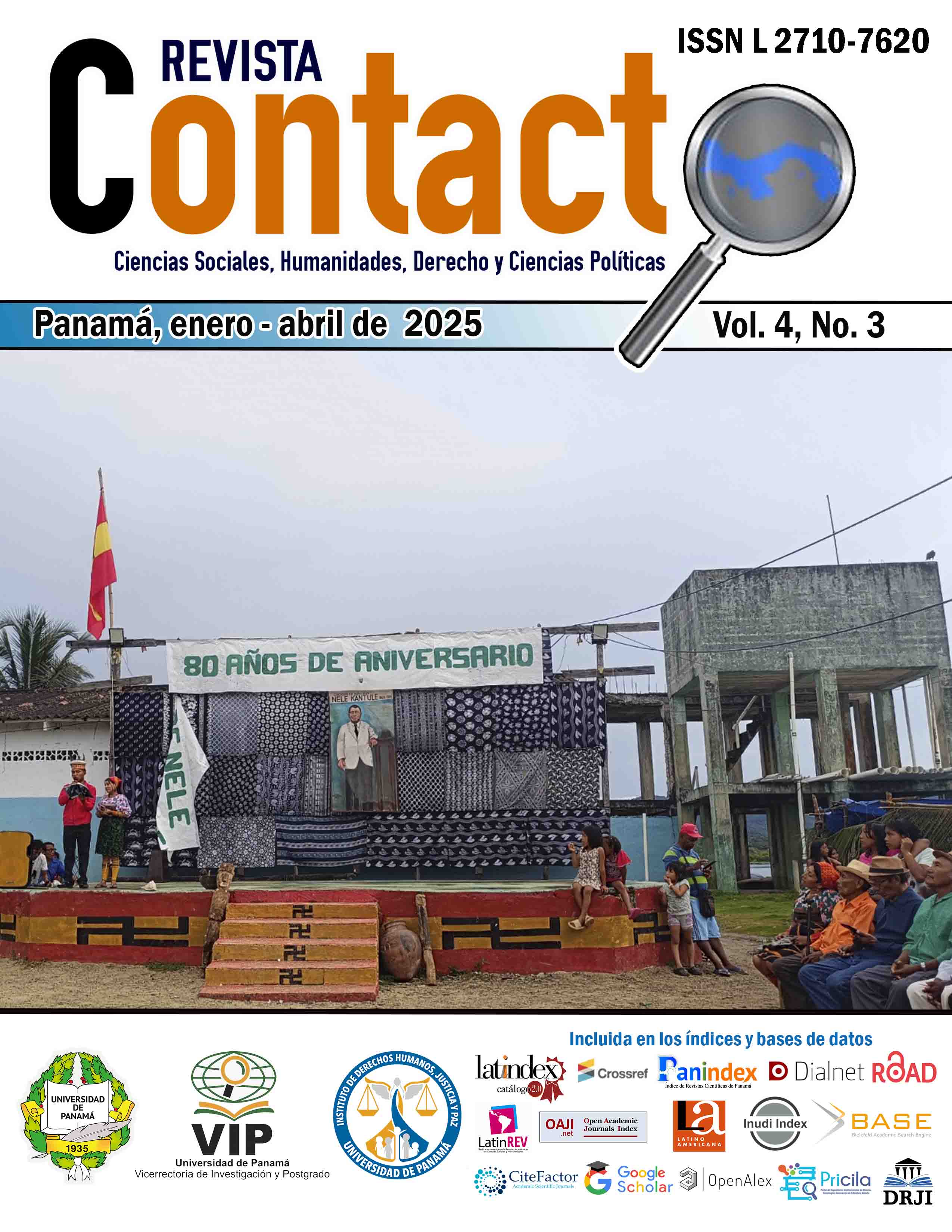

Copyright (c) 2025 Revista Contacto

This work is licensed under a Creative Commons Attribution-NonCommercial-ShareAlike 4.0 International License.
In the midst of the accelerated and incessant pace of growth of world globalization and the constant incorporation of new technologies both in the educational context and in the productive sector, the development of global competencies in citizens is consolidated as a fundamental axis for the progress of the different regions of the country, which indicates that schools and universities must resort to the curricular implementation of new strategies and active methodologies consistent with the technological advances of the contemporary era. It is precisely there where educational robotics appears as an innovative pedagogical tool to strengthen interculturality in a diverse context such as the classroom. This reflection article presents a theoretical discussion of the opportunities and challenges that the current educational system faces given the importance of training citizens of the 21st century, capable of interacting in digital and culturally interconnected contexts. It concludes by emphasizing the relevance of teachers in promoting the creation of strategic technological spaces with a view to students developing bilingual communicative skills in English, digital and intercultural skills through learning generated by teamwork in the integration of educational robotics in the resumes.